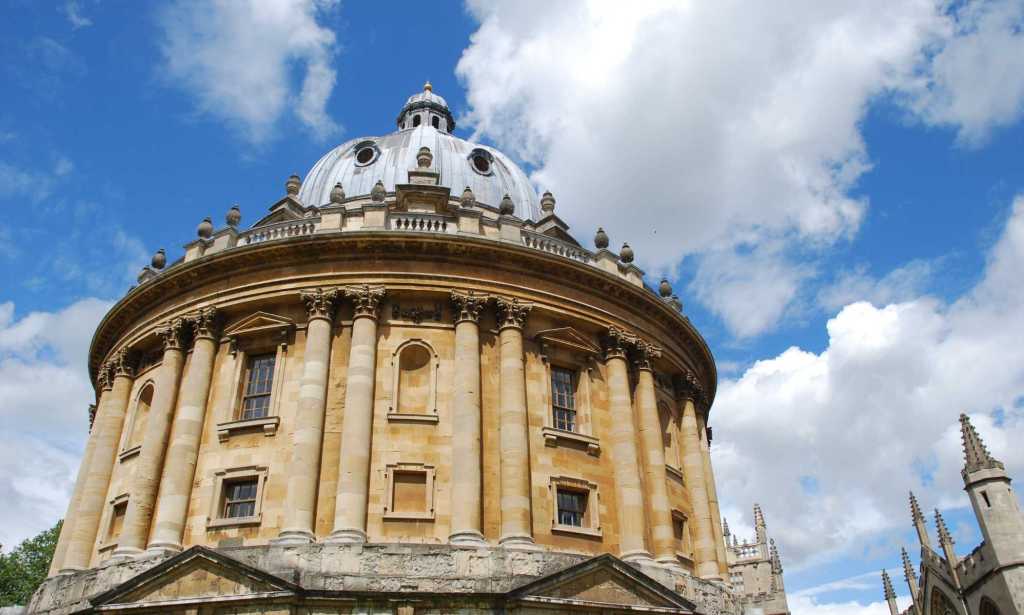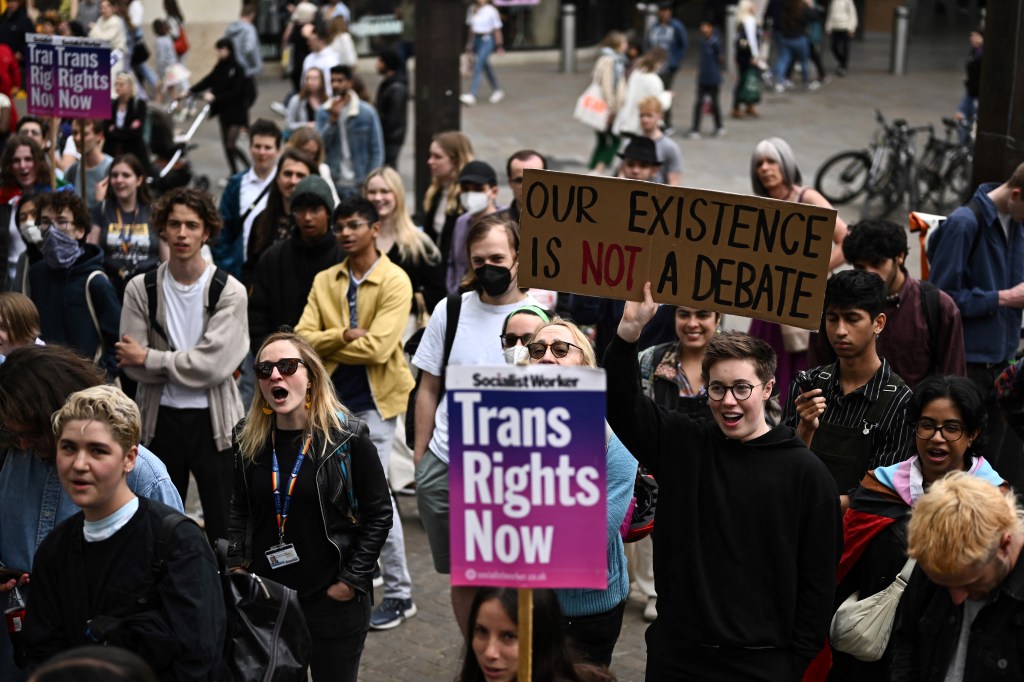Labour set to reintroduce university ‘free speech’ law despite hate speech concerns

Labour could revive a paused free speech law (Wiktor Szymanowicz/Future Publishing via Getty Images)
The Labour government is expected to reintroduce a divisive university ‘free speech’ law, despite concerns over hate speech on campuses.
The Higher Education Freedom of Speech Act was passed under the Conservative government in 2023 and gave powers to the Office for Students (OfS) to fine universities, higher education providers and student unions for failing to uphold free speech. It also offered a complaints scheme for students, staff and visiting speakers who felt they had been prevented from expressing free speech.
It came after a number of high profile student protests over controversial campus speakers, such as gender-critical academic Kathleen Stock, who was invited to speak at invited to speak at the Oxford Union. Stock’s appearance saw condemnation from various Oxford colleges and more than 100 Oxford academics, violent death threats sent to the university’s LGBTQ+ president and a protest during her appearance where a student glued their hand to the floor.
However, the bill never came into effect as it was paused shortly after Labour’s landslide victory in July after critics expressed grave concerns about hate speech being enabled by the bill, such as Holocaust deniers being allowed to speak on campuses.
As per reporting by the BBC, an unnamed government source has said the legislation is being revived, but it is unclear if the provisions of the act will be altered.
Education secretary Bridget Phillipson paused the legislation in July 2024, saying at the time that it was “not fit for purpose” and “could expose students to harm and appalling hate speech on campuses”.

“I am aware of concerns that the Act would be burdensome on providers and on the OfS, and I will confirm my long-term plans as soon as possible,” she also said.
In response, the Tory shadow education secretary Laura Trott expressed support for the government’s decision to revive the bill.
“However, for this bill to have teeth it must have the statutory tort included,” she added.
Speaking to BBC Radio 4’s Today programme, Vivienne Stern – chief executive of Universities UK – said freedom of speech is “essential” to universities.
“Universities have been working very hard to prepare for the act, to think about how they can strengthen their own approaches,” Stern said.
“But there are things in this act that are going to gum up the works within universities, and make it very difficult for universities to discharge their legal obligations in relation to freedom of speech and other legal obligations, for example, in relation to harassment and hate speech and radicalisation.”

Writing in The Telegraph, professor Shitij Kapur – president of King’s College London and chair of a Universities UK freedom of speech advisory group – said: “Freedom of speech, and its cousin, academic freedom, are critical for universities – though how well they have delivered these is subject to ongoing public debate.
“It is critical that the public and governments of all stripes are assured that our universities are places where all ideas, especially the controversial ones, can be expressed, debated and refined in a way that benefits students and society.
“It is with this in mind that leaders from across this sector have worked with successive governments to develop the Higher Education (Freedom of Speech) Act.”

Kapur continued: “There are those in our society who believe that some topics have become off-limits for discussion at our universities. This is unacceptable.
“Our universities should be fora where anything within the confines of the law can be debated. Universities however are not there to function as a Speakers’ Corner where anyone can stand up and express an opinion that is not necessarily supported by facts.
“If academic freedom is to mean anything, it must be accompanied by the academic obligation for ideas and claims to be accompanied by evidence and reason.
“Proponents have an obligation to engage and respond to those questioning their assertions and conduct that debate and discourse in a civil manner.”
Share your thoughts! Let us know in the comments below, and remember to keep the conversation respectful.
How did this story make you feel?

